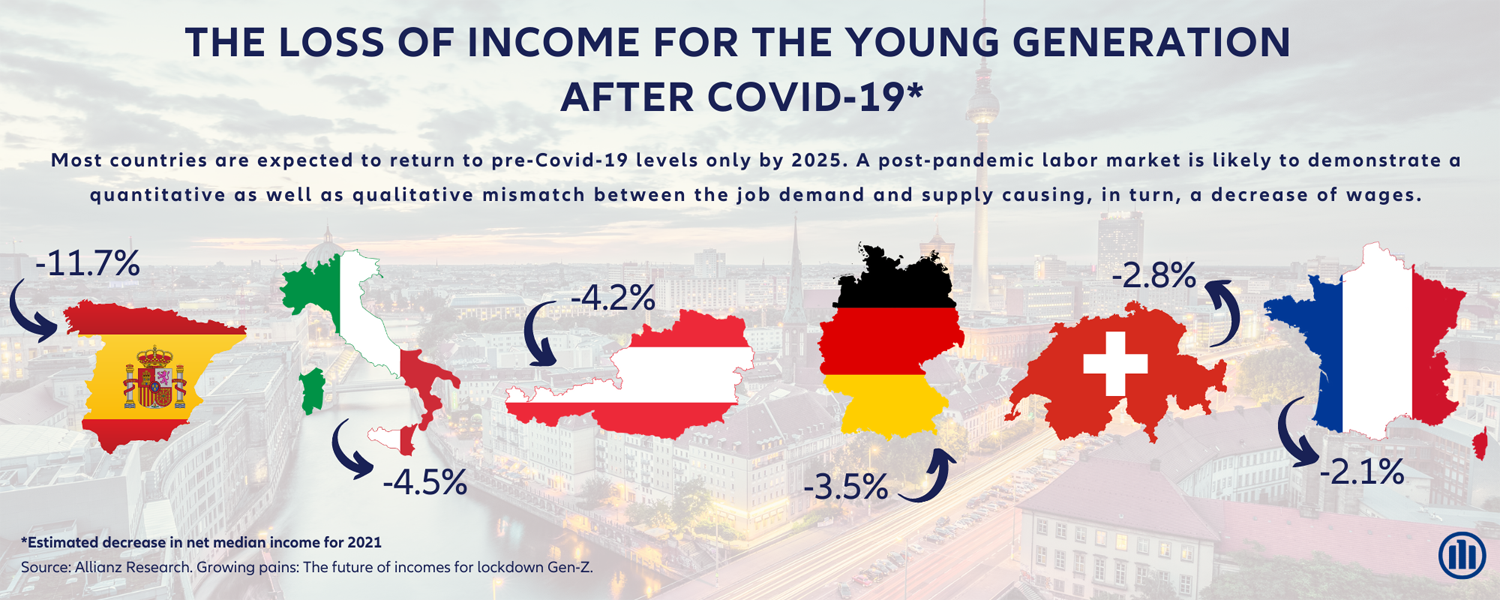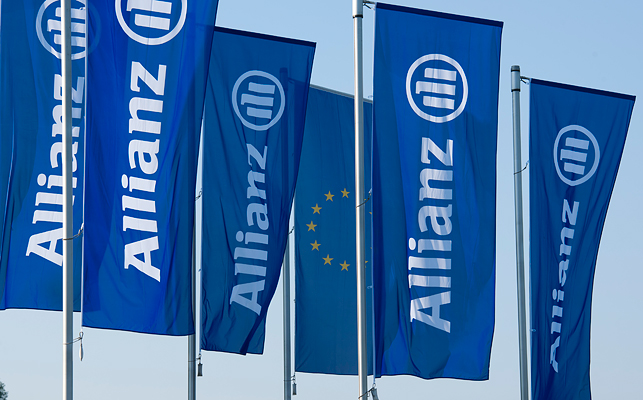Most of us grew up with ideas that formed our sense of security, prosperity, and content. Looking at Norman Rockwell’s famous painting Freedom From Want, we mirror in our imagination what that security might look like. History fans will recall Franklin D. Roosevelt’s Four Freedoms State of the Union speech from 1941, where Roosevelt explains the third freedom, freedom from want—“which, translated into world terms, means economic understandings which will secure to every nation a health peace time life for its inhabitants—everywhere in the world.”
Historically, generations had to face different struggles to construct a future for themselves and the generations to come.
We have long cherished the notion that all people are created equal and that notion has been a driving force in ways we constructed and continue to construct our future. Part of that notion incorporated a vision of the future in which the youth can continue to build and drive change on the solid foundations of former generations. After all, "the future belongs to young people" is an idea reflected by numerous scholars, politicians, and philosophers.
But, what does that future hold for its protagonists in current times?










